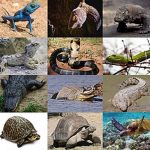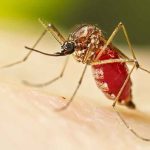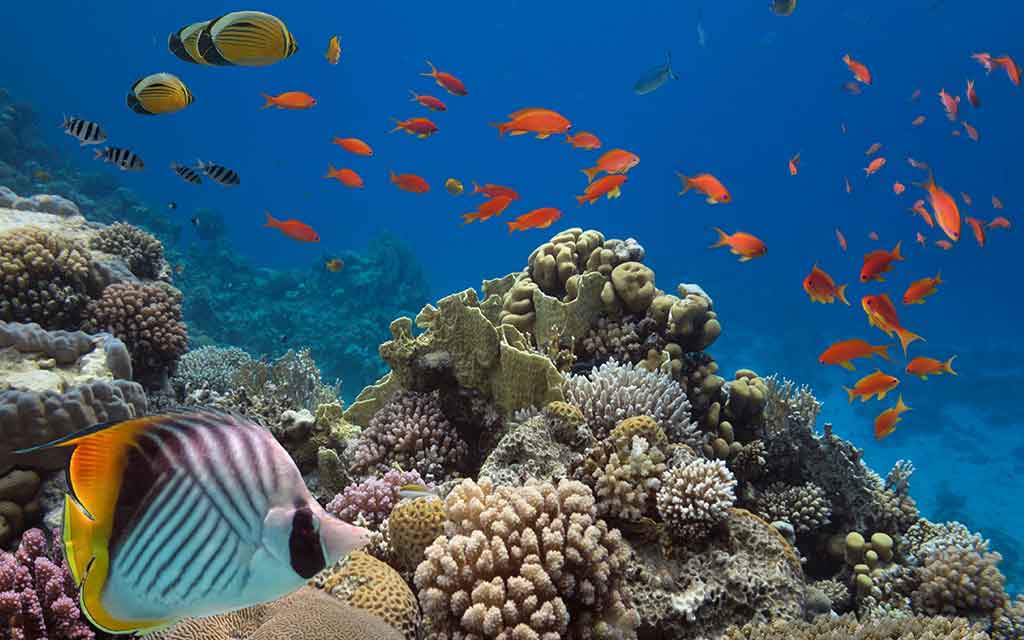N. Munal Meitei
Environmentalist, email- nmunall@yahoo.in

“The world’s finest wilderness lies beneath the waves” – Wyland.
World Aquatic Animal Day is celebrated on 3rd April to raise global awareness to know the role played by aquatic animals in human survival and to protect them through education, law, policy, outreach and other avenues.
Aquatic animals play a critical role in our societies and ecosystems: they recycle nutrients, purify water, maintain a balanced food chain underwater and more. Their existence also contributes to achieve several Sustainable Development Goals, such as ‘No poverty, Zero hunger and Life below Water’. However, our modern lifestyle’s impact on aquatic living beings is disastrous: from plastic pollution, water contamination to insecticides and overfishing.
Aquatic animals are important not only as a group, but as valuable and exciting individuals with intrinsic worth. Aquatic animals live in water, seas, oceans, rivers, lakes and ponds. By aquatic animals, we mean not only fish, but also a myriad of other animals that live in water for most of their life: amphibians, marine mammals, crustaceans, reptiles, molluscs, aquatic birds, aquatic insects and even animals such as starfish and corals. Despite the aquatic animals play an important role in our environment, ecosystem and economy, aquatic animals around the world are widely used and abused and face a multitude of different threats.
There is an urgent need to give aquatic animals for a proper conservation and protection. Through law, policy, education, advocacy and good stewardship, our efforts to save the plight of aquatic animals should overcome the immense challenges they face. We must also consider our treatment and the often-devastating impacts we are giving on them and their habitats.
Aquatic animals are very important for any kind of water bodies. However, human consumption of aquatic animals and their products is greater than ever before and it is even expected to increase. To meet the demand, humans breed aquatic animals in aquaculture. This increases the risk of aquatic animal diseases and a threat to our food supply and safety on consuming aquatic animals. One aspects we should pay attention is never release aquatic animal into waterways. If you do not want them anymore, return them to the pet store.
Aquatic animal production needs to be controlled as well as the animals’ welfare. The aquatic animal farming improve global food security and preserve the welfare of farmed fish. Moreover, it conserves biodiversity and protects the environment.
By protecting aquatic animals and conserving the waterways, we ensure to conserve for a healthy ecosystem including nutrient pattern, food supply and climate. Since humans do not live underwater, we forget the vast array of aquatic animals that populate in water as their home. Aquatic animals may be vertebrates or invertebrates, they breathe on oxygen. But no matter where they live, one thing is for sure – aquatic animals are essential for our survival.
Manipur being a part of two biodiversity hotspots in 35 worldwide, enriched with diversified aquatic fauna, harbouring more than 280 fish species including 29 in ornamental forms and 21 migratory birds. The State’s 95% of population depending on fish as a source of protein and the population for around 3 million, requires 56,000 tons of fish annually, while production stands at 36,000 tons. The rest is imported from other states, spending about Rs 300 crore on fish imports. Thus the state has maximum pressure on the aquatic fishes and animals.
In 1950s, lakes were the breeding ground for most of the indigenous fishes in the state but now 80% these wetlands have dried up. As many as 18 indigenous fish species in Manipur are believed to have become extinct and in 2011, IUCN listed 15 fish species from our state as “endangered freshwater fish species”. We should now strictly implement, ‘Manipur Conservation of Paddy land and Wetland Act, 2014’.
There is an urgent need to give aquatic animals, the priority to conserve like other animals. It should be our responsibility to safeguard the aquatic animals, their lives and habitats for the people and planet and give them an opportunity to recover.













